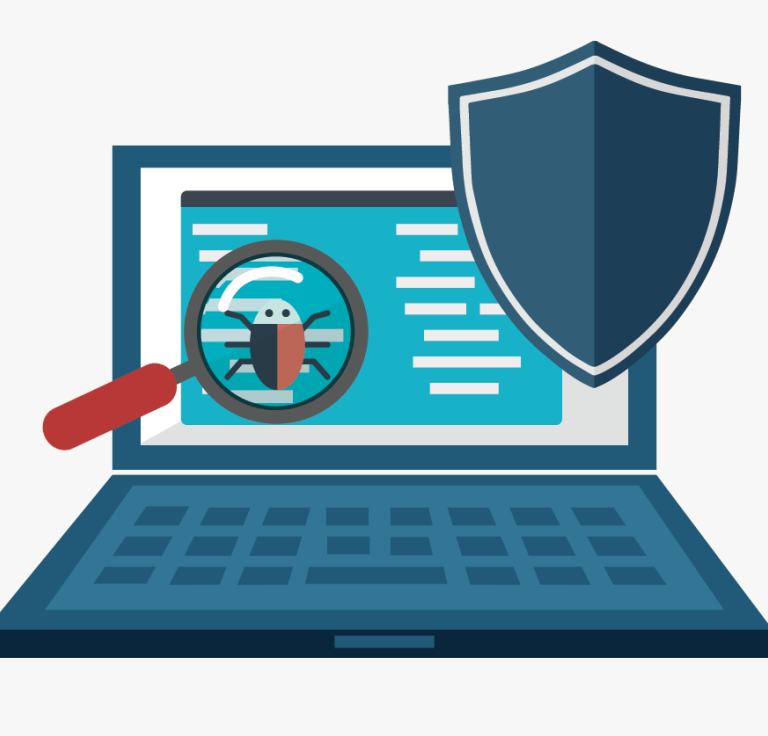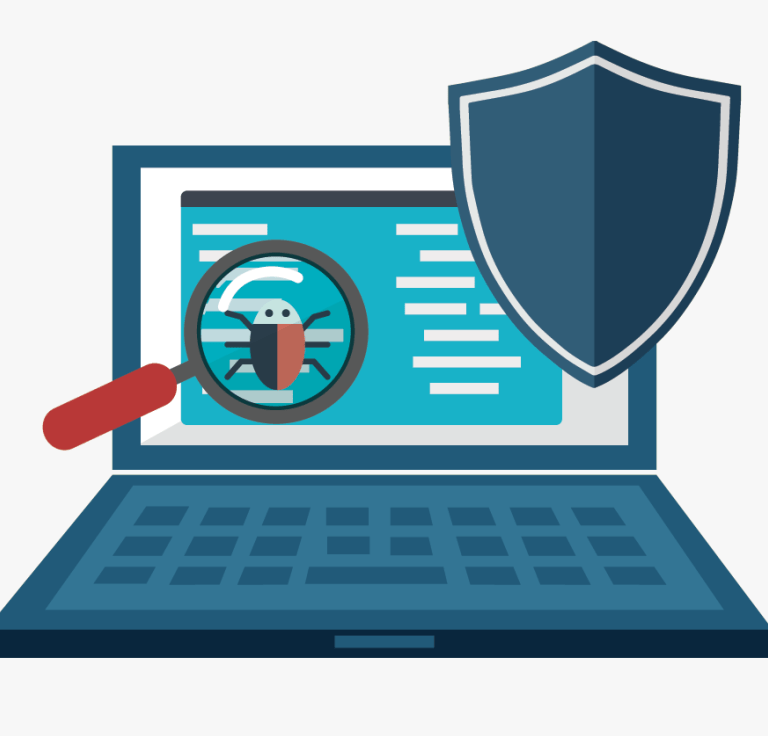Staying safe online
Staying safe online is a crucial skill in the modern world. With the rise of cyberattacks, identity theft, phishing, and other online threats, it is important to protect yourself and your data from hackers, scammers, and malicious actors. In this blog post, we will share some tips and best practices on how to stay safe online and avoid becoming a victim of cybercrime.
Some security practices to consider:
Tip 1: Use strong and unique passwords for your online accounts. A strong password is one that is long, complex, and hard to guess. It should include a combination of uppercase and lowercase letters, numbers, and symbols. A unique password is one that you use for only one account and do not reuse for other accounts. This way, if one of your passwords is compromised, the rest of your accounts are still safe.
Tip 2: Enable two-factor authentication (2FA) whenever possible. 2FA is a security feature that adds an extra layer of protection to your online accounts. It requires you to enter a code or a token that is sent to your phone or email, in addition to your password, when you log in to your account. This makes it harder for hackers to access your account even if they have your password.
Tip 3: Be careful about what you share online. Do not post or send any personal or sensitive information online, such as your full name, address, phone number, social security number, bank account details, credit card numbers, etc. This information can be used by cybercriminals to steal your identity, money, or access your accounts. Also, do not click on any links or attachments that you receive from unknown or suspicious sources. They could be phishing attempts that try to trick you into giving away your information or downloading malware.
Tip 4: Use a reputable antivirus software (ESET) and keep it updated. Antivirus software is a program that protects your computer from viruses, malware, spyware, ransomware, and other harmful software that can damage your system or compromise your data. A reputable antivirus software is one that has good reviews, ratings, and reputation from trusted sources. You should also keep your antivirus software updated regularly to ensure that it can detect and remove the latest threats.
Tip 5: Use a secure and encrypted connection when browsing the web. A secure connection is one that uses HTTPS instead of HTTP in the web address. HTTPS means that the data that you send and receive from the website is encrypted and cannot be intercepted or modified by third parties. You can tell if a website is secure by looking for a padlock icon or a green bar in the address bar of your browser. You should also use a virtual private network (VPN) when using public Wi-Fi networks or accessing geo-restricted content. A VPN is a service that creates a secure and encrypted tunnel between your device and the internet server that you are connecting to. This prevents anyone from snooping on your online activity or stealing your data.







